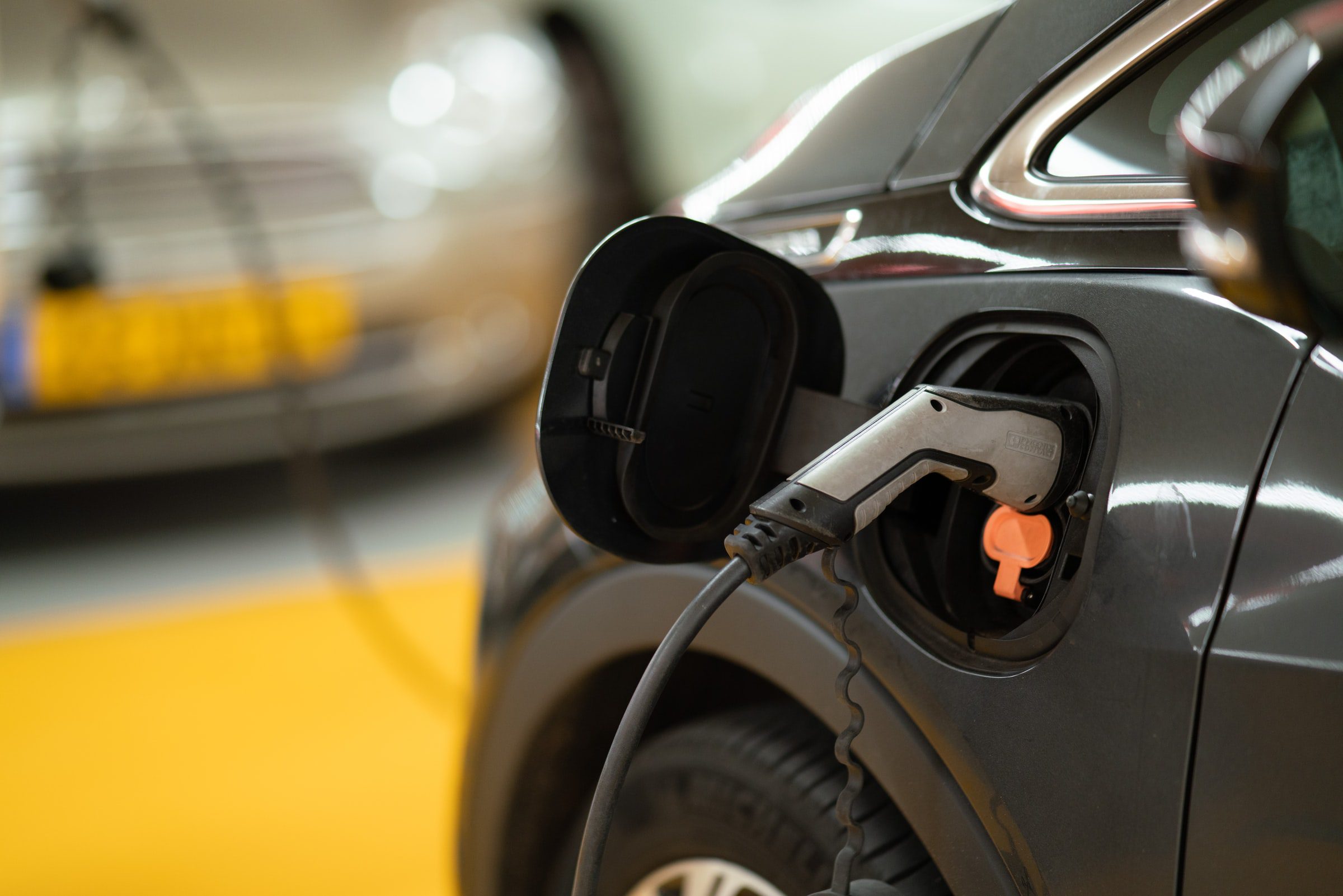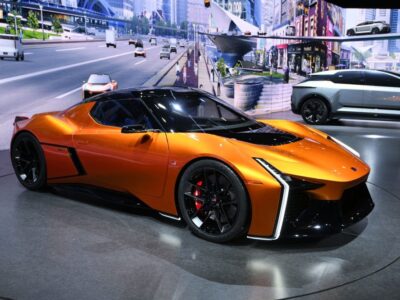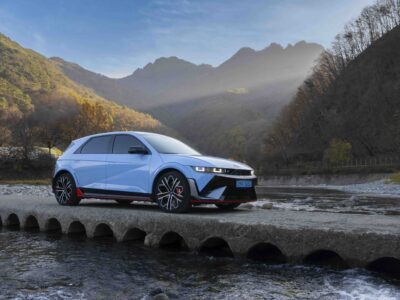Over the past 10 years, the electric vehicle has changed drastically. There are more cars, better charging stations, and longer battery ranges. However, range anxiety remains a problem for consumers. It’s a complex issue that manufacturers have wrestled with continuously since electric cars hit the market. While some solutions have enjoyed success, a universal resolution has been elusive.
The presiding wisdom around range anxiety assumes that the more range a car has, the greater protection. So, the natural solution is for automakers to outfit their cars with big batteries and call it a day.
Range Anxiety Dilemma
While this method is partially successful, it neglects a few crucial pieces of the puzzle. Batteries are the most expensive and heaviest parts of an electric vehicle, with some weighing more than 1,000 pounds. The heavier an electric vehicle is, the more energy it takes to get the car to move, and it will cost more. The higher price tag can deter a large portion of the interested market.
The other issue is charging time. The larger the battery, the longer it takes to charge. On average, a DC fast charging station — the least common of the fast chargers — can charge a car from 10% to 80% in 30–40 minutes. While this is quite fast for an EV, it pales compared to what it takes to fill up an internal combustion engine.
800V Solution
Thanks to advancements in battery architecture, a solution has emerged that could solve the range anxiety dilemma. Voltage determines how quickly a battery can charge. Currently, 400V is the industry standard for batteries in electric cars. However, a handful of brands have created batteries with 800V architecture and above.
Most 400V EVs can only handle about 150kW when charging; however, 800V batteries can take more than double the charging rate at 350kW and above. So, a car like the Volkswagen ID.4 can charge its 280-mile battery range to 80% in roughly 40 minutes. However, since the Lucid Air Dream’s battery voltage is more than double that at 920V, it can charge its 520-mile battery range to 90% in roughly the same amount of time. Large charging networks, such as Tritium and Electrify America, are beginning to roll out the higher output 350kW fast chargers alongside their 150kW versions to support these faster changing times.
In addition to faster charging rates, 800V EV batteries offer improvements in other areas. Because 800V batteries require less current to achieve the same charging speeds, they are considerably more efficient. The efficiency translates into better ranges in smaller batteries with less wiring, making them far less expensive.
Brands with 800V Platforms
At the moment, only a couple of brands produce authentic 800V architecture. The Lucid Air Dream is a trailblazer with its 920V system, and brands like Porsche, Kia, Hyundai, and Genesis have also developed high voltage battery platforms.
Plenty of other brands are hot on their tails with 800V systems planned for the near future. GM has indicated plans to develop 800V batteries soon, with cars like the Silverado EV using tech that mimics it already. Rivian also plans to get its 800V architecture off the ground.





